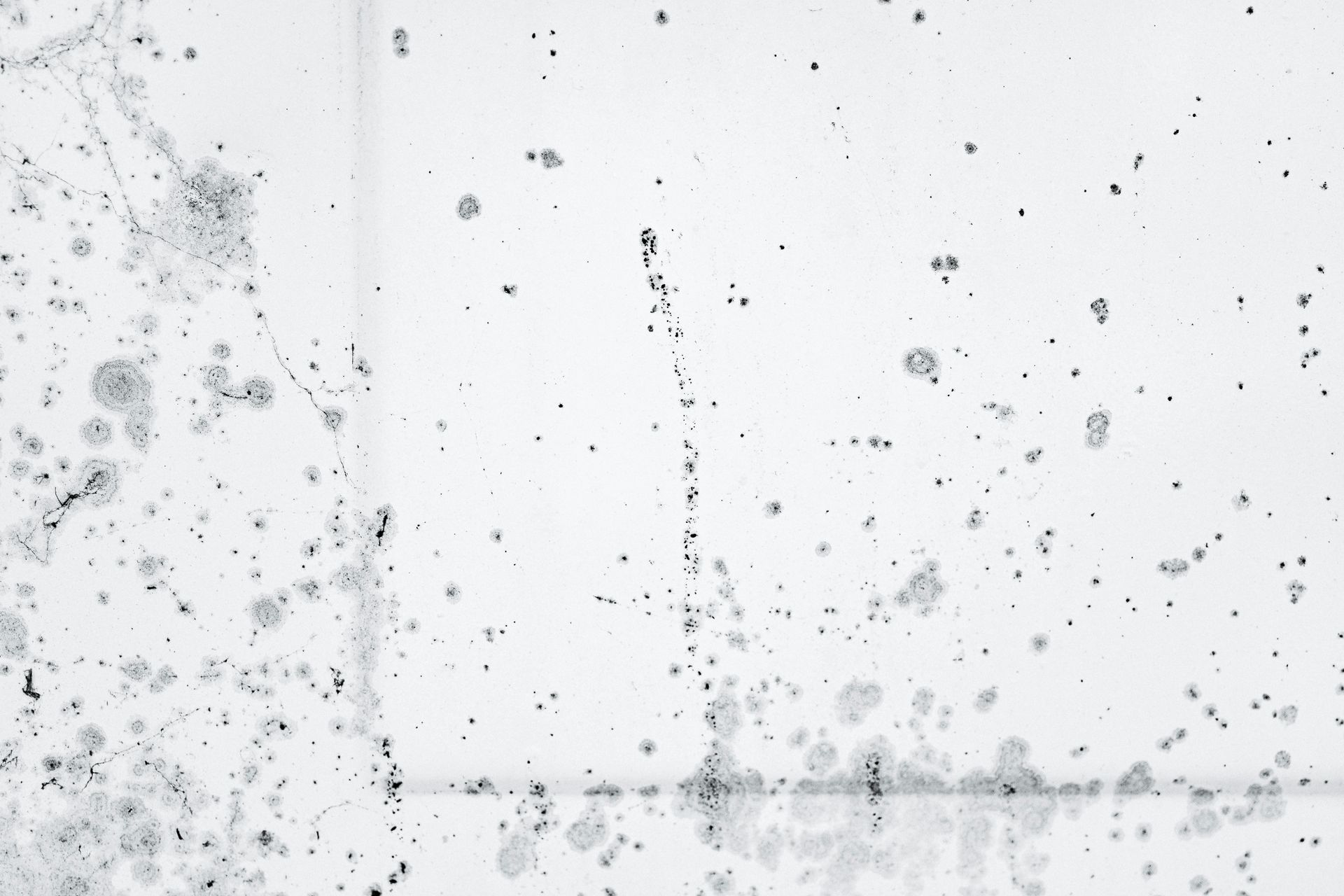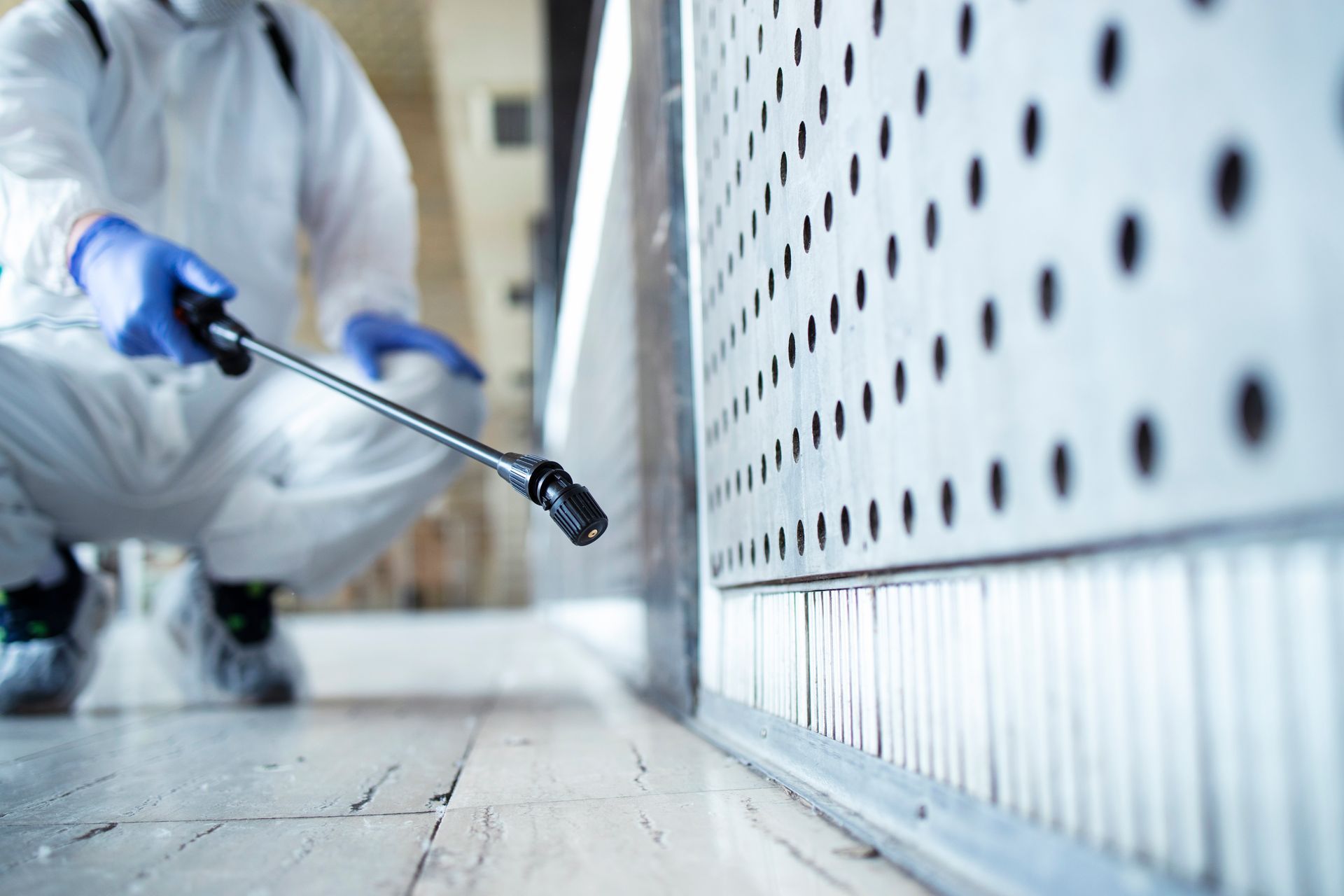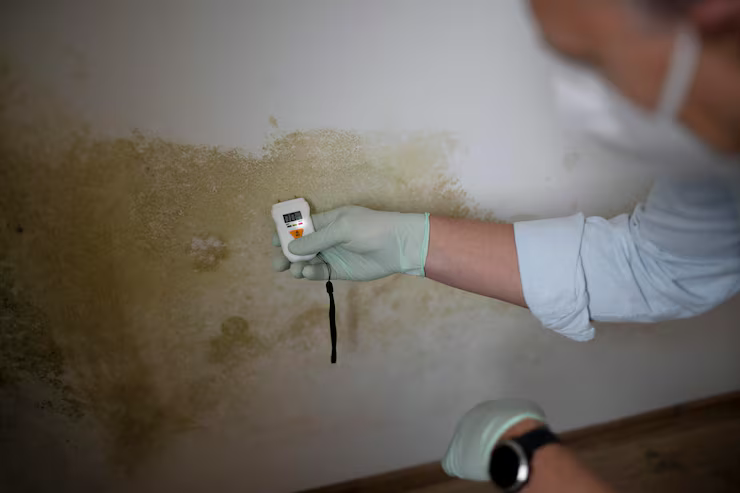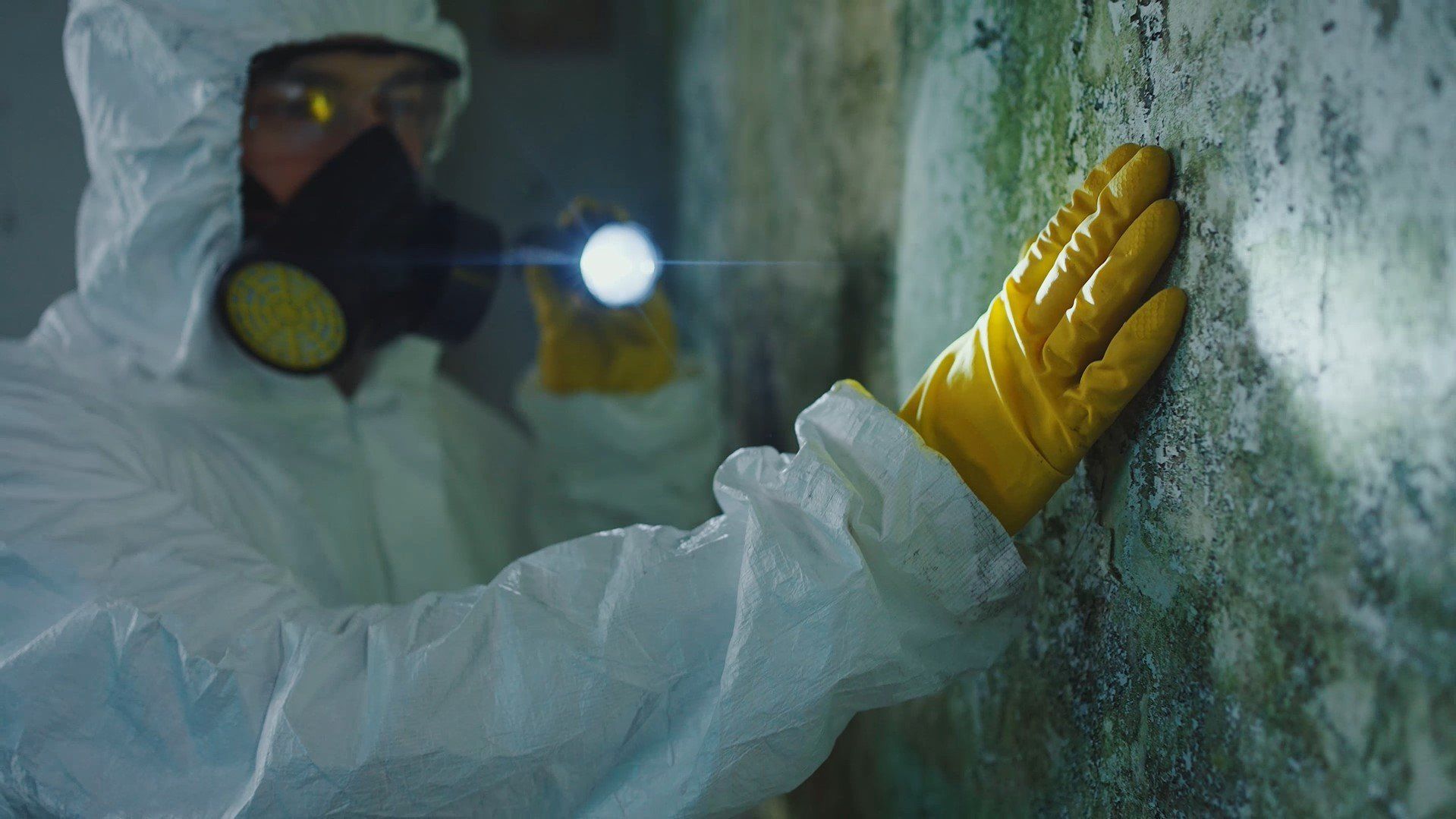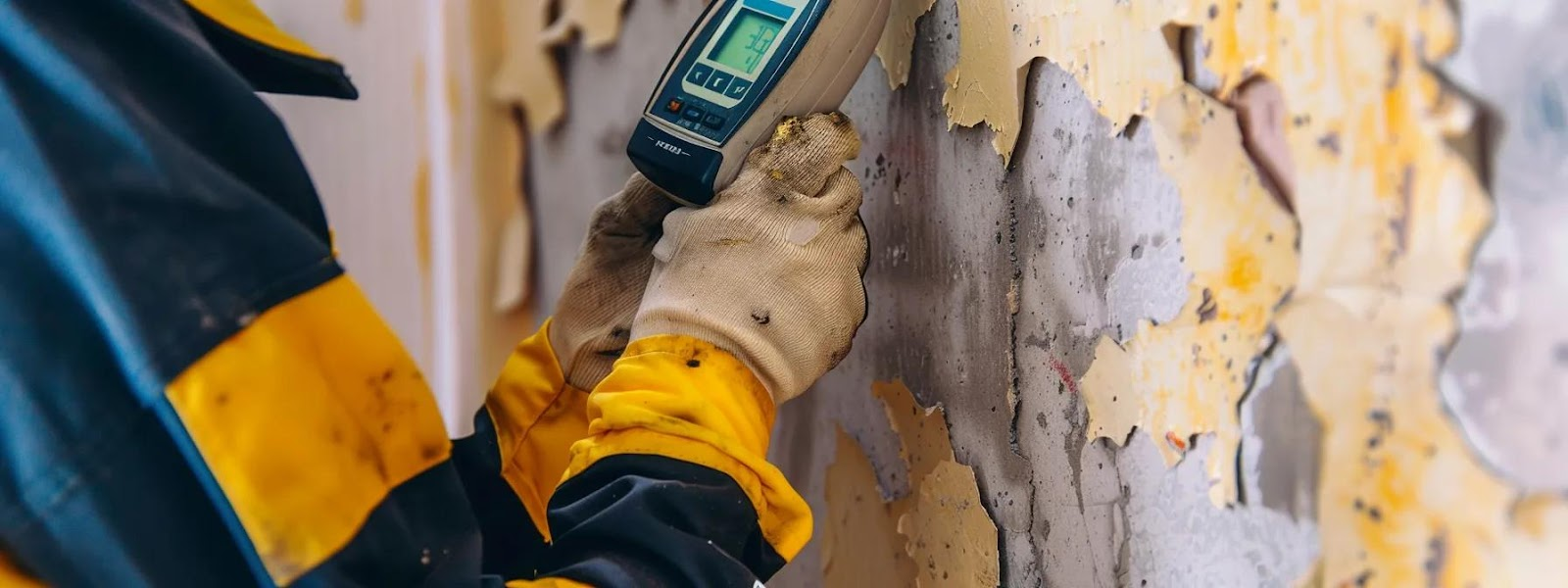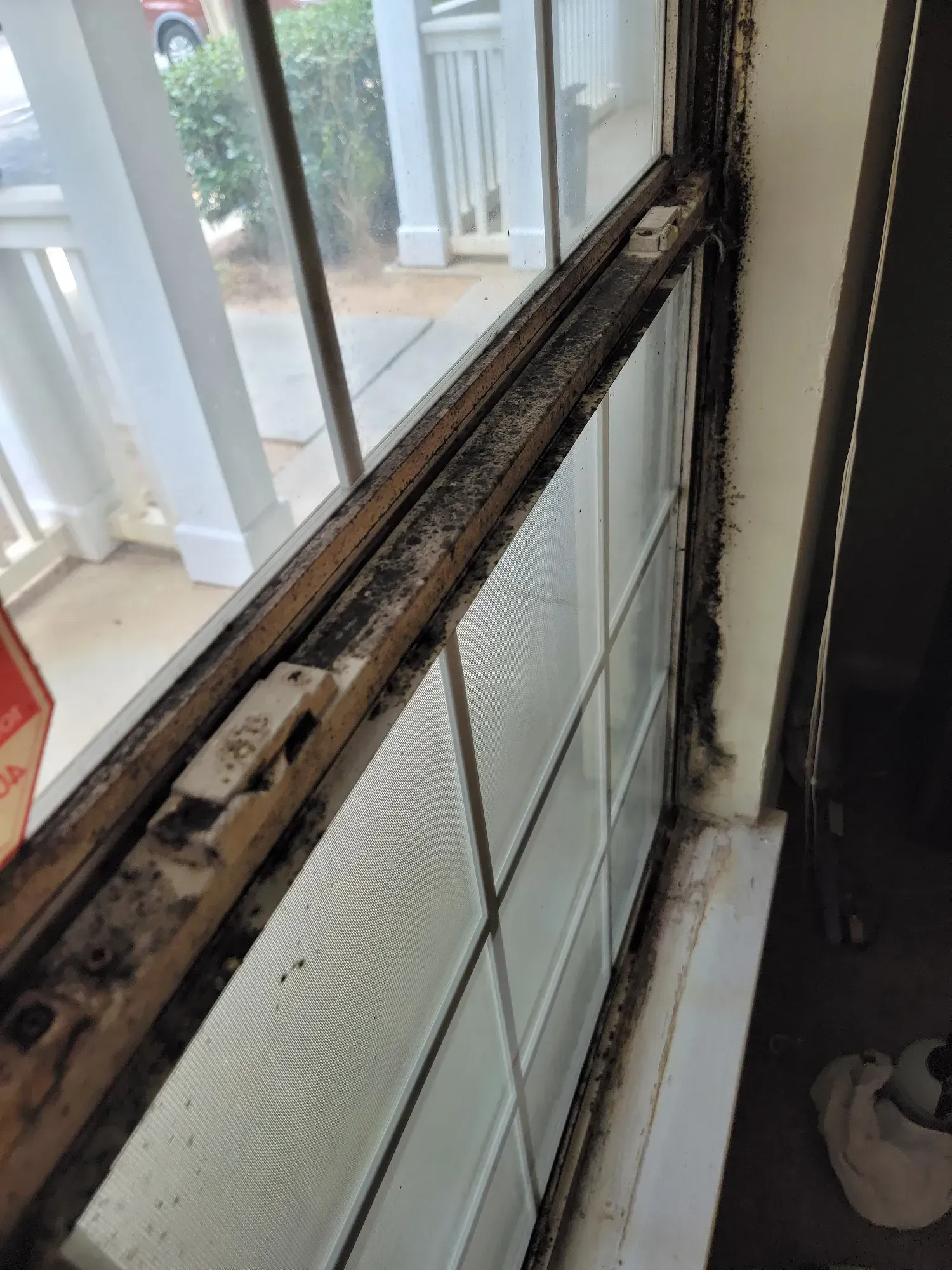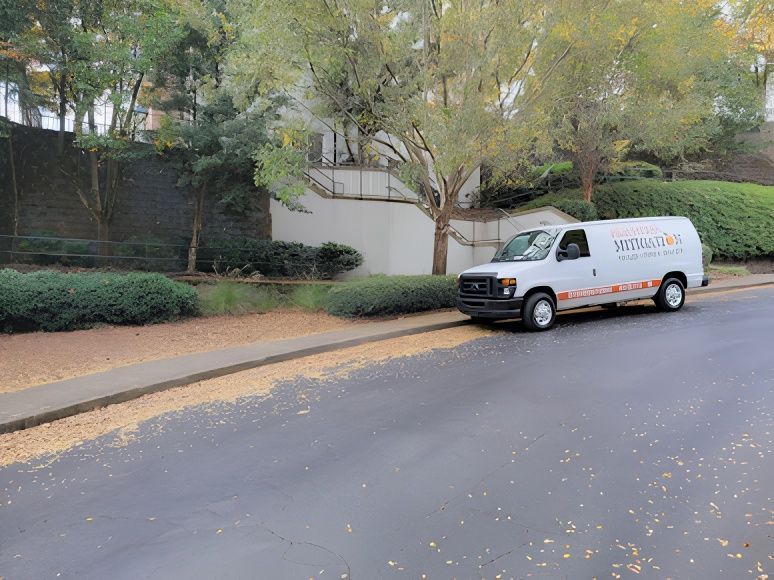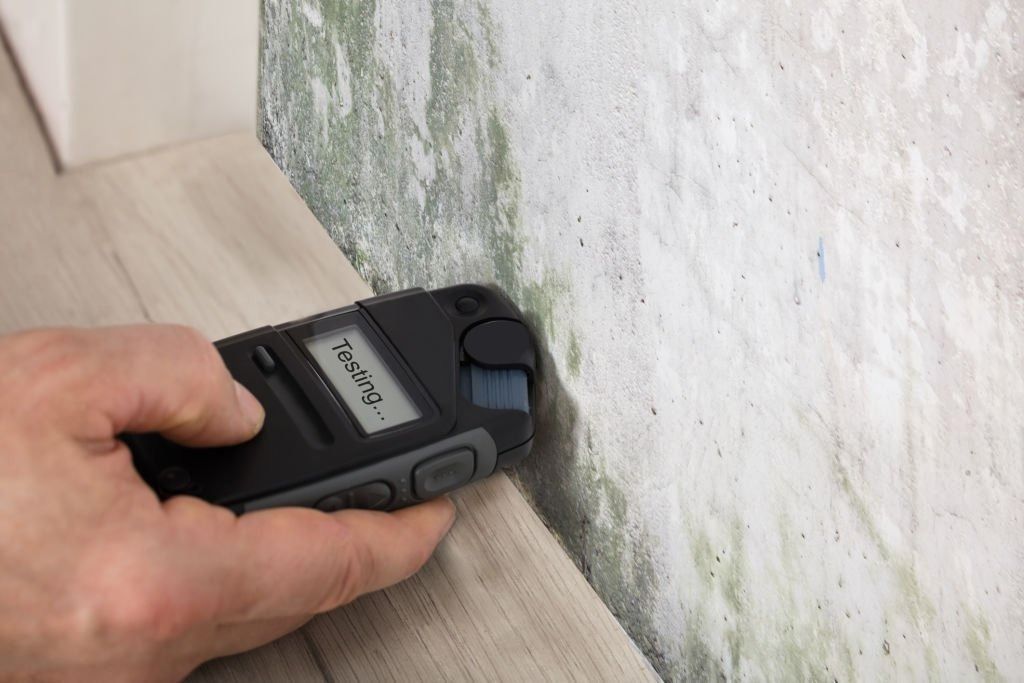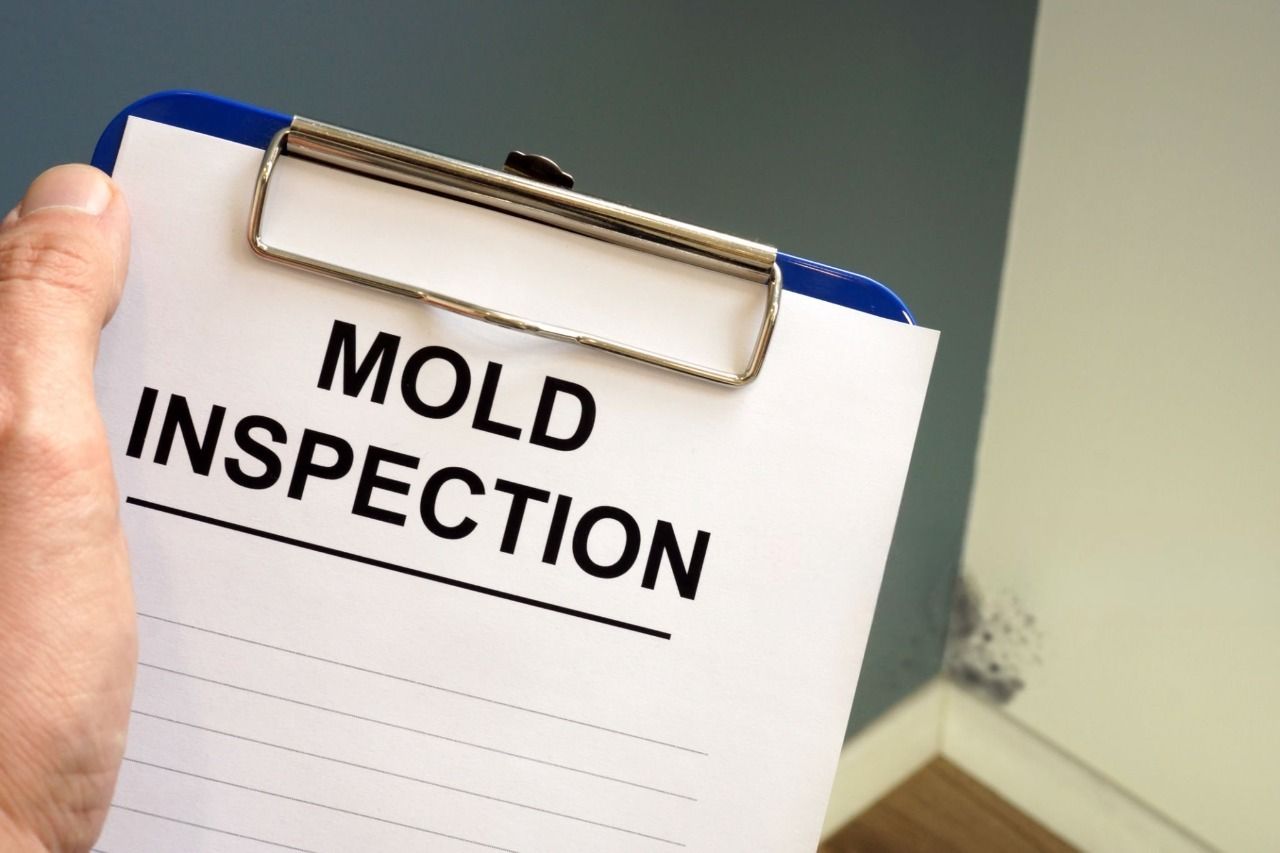What Are Common Sources of Mold Growth in Duluth, GA Homes? A Homeowner’s Guide
Mold thrives in Duluth’s humid subtropical climate, putting nearly every Georgia home at risk of structural damage and health concerns if left unchecked. In this guide by Duluth mold testing expert, Peachtree Mitigation, you’ll discover the primary causes of mold growth, typical hotspots inside your house, early detection methods, and proactive prevention steps. We’ll also explain when professional intervention is essential and how Peachtree Mitigation’s IICRC-certified mold remediation services can restore your peace of mind.
The sections below cover:
- What triggers mold growth in Duluth, GA homes
- Where mold hides indoors
- How to spot mold before it spreads
- Prevention strategies for lasting protection
- Why and when to call in experts
What Causes Mold Growth in Duluth, GA Homes?
Mold growth occurs when fungal spores encounter moisture, organic surfaces, and moderate temperatures, allowing colonies to expand and release allergens and mycotoxins. For example, a minor leak behind drywall can fuel black mold within 48 hours, posing respiratory risks. Understanding these core drivers helps homeowners intervene early and preserve indoor air quality.
How Does Water Damage Lead to Mold in Duluth Homes?
Water damage delivers the moisture mold requires to germinate. Leaky pipes, roof penetrations, or basement flooding saturate porous materials like wood framing and gypsum board. Once damp, these substrates foster mold colonies that compromise structural integrity and indoor air.
Why Is High Humidity a Mold Risk in Georgia Homes?
Georgia’s summer humidity creates ideal conditions for mold growth. This is because elevated moisture promotes condensation on surfaces, providing the water mold spores need to germinate and colonize.
These elevated moisture levels persist in crawl spaces and attics without continuous dehumidification, promoting mold spore germination and hidden growth behind insulation.
Controlling humidity is a key factor in preventing mold, according to the Environmental Protection Agency (EPA).
How Does Poor Ventilation Contribute to Mold Growth?
Inadequate air circulation traps moisture in enclosed areas. Basements, crawl spaces, and bathrooms without exhaust fans accumulate water vapor after showers or rainstorms. This stagnant, humid air becomes a breeding ground for mold on flooring, framing, and ductwork surfaces.
Where Does Mold Commonly Grow Inside Duluth Homes?
Mold frequently establishes itself in areas with persistent moisture, organic materials, and limited airflow. The table below highlights typical indoor hotspots and their underlying moisture sources:
| Hotspot | Moisture Sourcee | Common Signs |
|---|---|---|
| Bathroom corners | Shower condensation | Discolored grout, fuzzy patches |
| Kitchen cabinets | Leaky plumbing | Warped cabinet wood, musty odor |
| HVAC ductwork | Condensation on coils | Black streaks, reduced airflow |
| Basements & crawl spaces | Ground humidity or flooding | Moldy insulation, water stains |
| Attics | Roof leaks or poor vents | Dark spots on rafters, peeling paint |
Each of these areas demands regular inspection and timely remediation to prevent extensive mold colonization and property damage.
How Can Homeowners Detect Mold Growth Early in Duluth, GA Homes?
Visual and olfactory cues often precede visible colonies. Recognizing these warning signs allows for prompt action before mold infiltrates structural elements.
When identifying mold, look for:
- Discoloration or water stains on walls and ceilings.
- Warped or bubbling paint and wallpaper.
- Soft or rotted wood along baseboards and window sills.
These visible indicators should prompt further evaluation of hidden areas to confirm the extent of contamination.
Persistent musty odors can signal concealed mold in ductwork, behind walls, or under flooring. This stale, earthy smell often intensifies after humidity peaks, guiding homeowners toward problem zones.
Structural damage, unexplained allergy symptoms, or visible mold beyond a 10-square-foot area means it’s time to call professionals. Certified mold inspectors use moisture meters and infrared cameras to identify hidden growth and recommend targeted remediation.
What Steps Can Duluth Homeowners Take to Prevent Mold Growth?
Effective prevention hinges on controlling moisture, maintaining routines, and responding swiftly to water events.
To safeguard your home, follow these steps:
- Install and run dehumidifiers in basements and crawl spaces to keep relative humidity below 60%.
- Use exhaust fans in bathrooms and kitchens during and after showers or cooking to evacuate steam.
- Inspect and repair gutters, downspouts, and roof flashing to divert rainwater away from your foundation.
Implementing these measures reduces the conditions that mold spores require to thrive. Next, learn how professionals can handle infestations that exceed do-it-yourself solutions.
Why Choose Professional Mold Remediation Services in Duluth, GA?
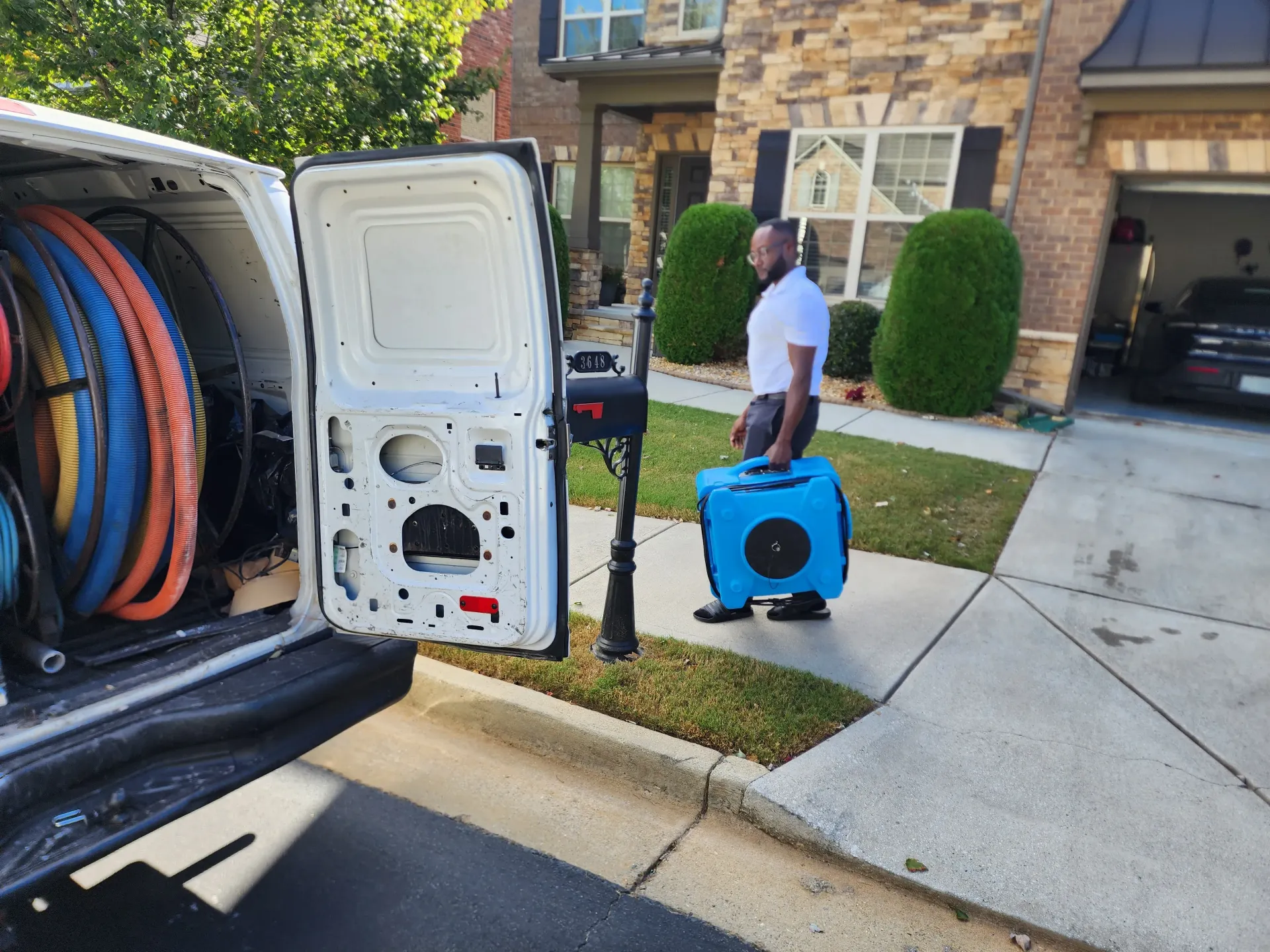
When mold covers more than 10 square feet or hides behind surfaces, professional remediation ensures thorough removal and lasting protection. Peachtree Mitigation follows ANSI/IICRC S520 standards to safely contain and eliminate mold, prevent spore spread, and restore affected areas.
What Is the Certified Mold Remediation Process?
Peachtree Mitigation’s certified process begins with a detailed assessment that maps moisture sources and contamination levels. Technicians erect containment barriers, employ HEPA air scrubbers, and remove mold-infested materials. Post-removal, antimicrobial treatments and clearance testing guarantee spore counts return to safe levels.
Professional Mold Remediation
Professional mold remediation involves a detailed assessment, containment, removal of mold-infested materials, and antimicrobial treatments. Certified professionals follow specific standards to ensure thorough removal and prevent the spread of mold spores, restoring safe indoor air quality.
How Does Peachtree Mitigation Serve Duluth and Gwinnett County?
As a Duluth mold testing specialist, Peachtree Mitigation offers 24/7 emergency response, IICRC-certified technicians, and transparent pricing. Serving Gwinnett County, and surrounding North Georgia communities, our team delivers compassionate support and industry-leading expertise.
When Is Professional Mold Removal Necessary for Homeowners?
Professional intervention is necessary when mold returns after DIY cleaning, visible colonies exceed small patches, or occupants experience unexplained health symptoms. Engaging experts early mitigates structural damage, ensures thorough remediation, and preserves home value.
Mold growth in Duluth’s humid environment can quickly compromise both your property and health. By understanding core causes, inspecting common hotspots, and taking proactive moisture control steps, homeowners reduce risk significantly.
If your home shows signs of extensive contamination or persistent odor, Peachtree Mitigation’s IICRC-certified team is ready to restore safety and comfort. Reach out for a professional assessment or explore our mold remediation services to protect your investment and well-being.
